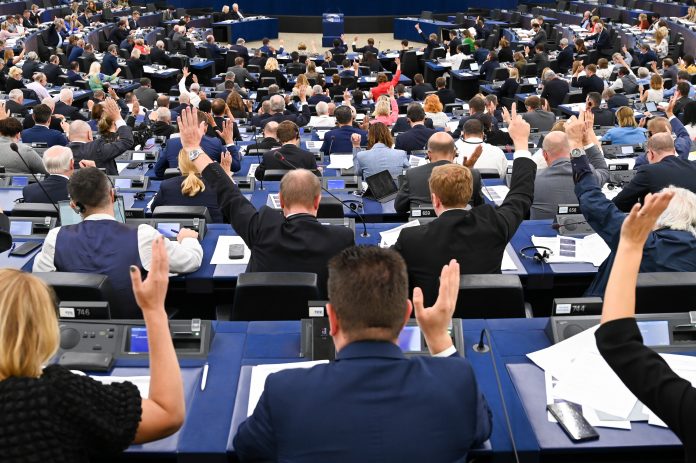Digital literacy programmes and other initiatives are needed to reduce inequalities in access to technology and digital services, argue MEPs in a resolution.
In a resolution adopted with 23 in favour, 0 against and 0 abstaining, Petitions Committee MEPs call on the Commission to urgently address the existing digital divide with an updated cohesion policy. Noting that increasing digitalisation can generate socio-economic differences between people and countries, they suggest using NextGenerationEU funds to help bridge the gaps in digital skills and infrastructure.
The digital divide refers to the gap between individuals, households, businesses and geographic areas at different socio-economic levels with regard both to their opportunities to access information and communication technologies (ICTs) and to their use of the internet for a wide variety of activities. It especially impacts vulnerable social groups such as older people, people with disabilities, people on low incomes, the digitally unskilled and people with limited internet access. MEPs also note that the excessive use of technological devices can aggravate mental and physical health issues, for example isolation, anxiety and burnout.
Currently, 54 % of people in the EU’s possess at least basic digital skills. The EU’s objective is to reach a share of 80 % by 2030.
Noting that democratic life and online public services must be inclusive and fully accessible to all, MEPs on the Committee on Petitions highlight complaints from citizens on how basic banking services or and information are increasingly only available through smartphones, despite there being no legal obligation to possess one.
MEPs state their concern about the decline of physically-present public services, especially in rural areas and the outskirts of cities. They stress that the digital transition must take place in a way that benefits everyone, while recognising that cashless payments and fast online transactions have brought a number of advantages to the single market, including fraud reduction and economic gains for small businesses.
The resolution calls for increased investment (for example from NextGenerationEU funds) in training, including lifelong learning, re-skilling and up-skilling, and ask for discrimination-free service models that ensure everyone’s access to basic services. The digital transformation should guarantee new rights to people, argues MEPs, and welcome the recent proposals for a European declaration on digital rights and principles.

